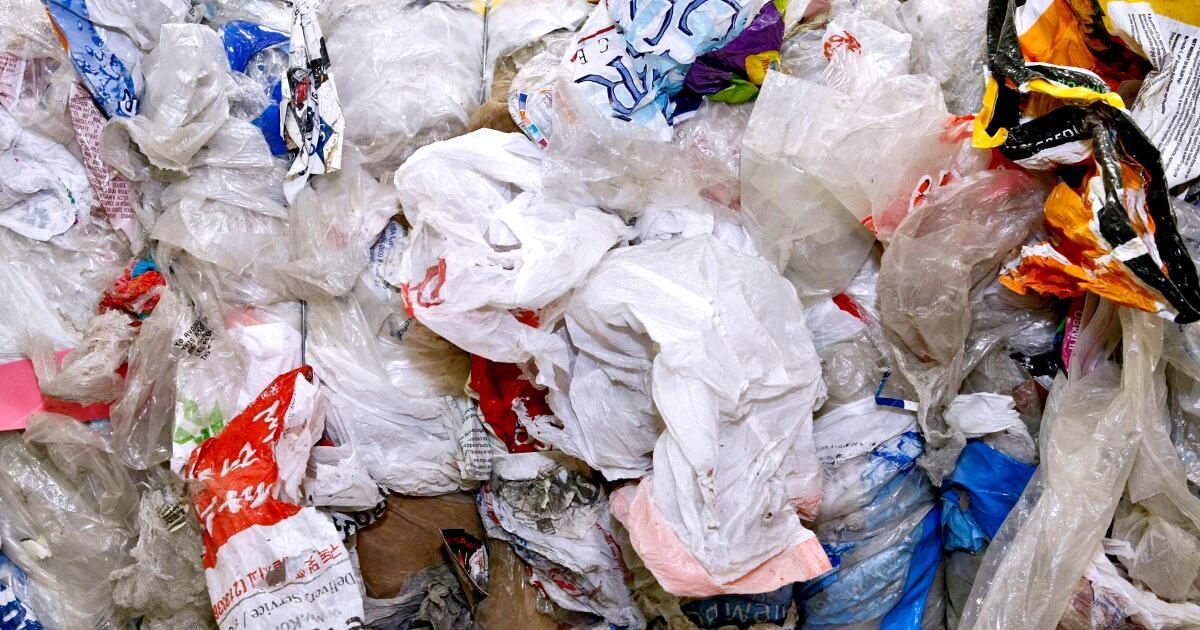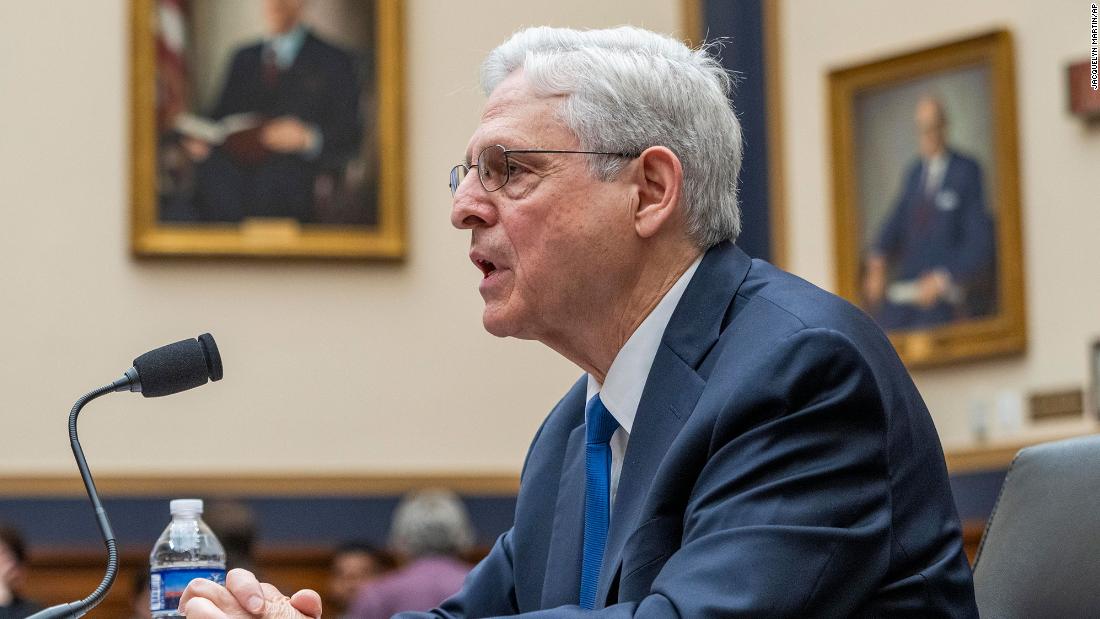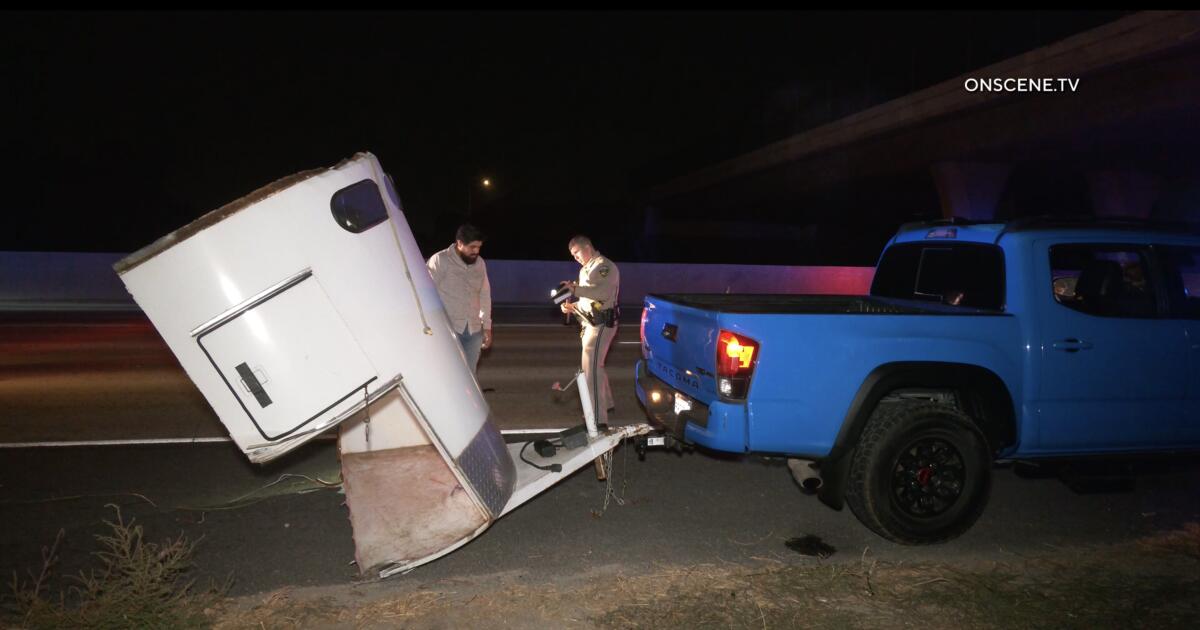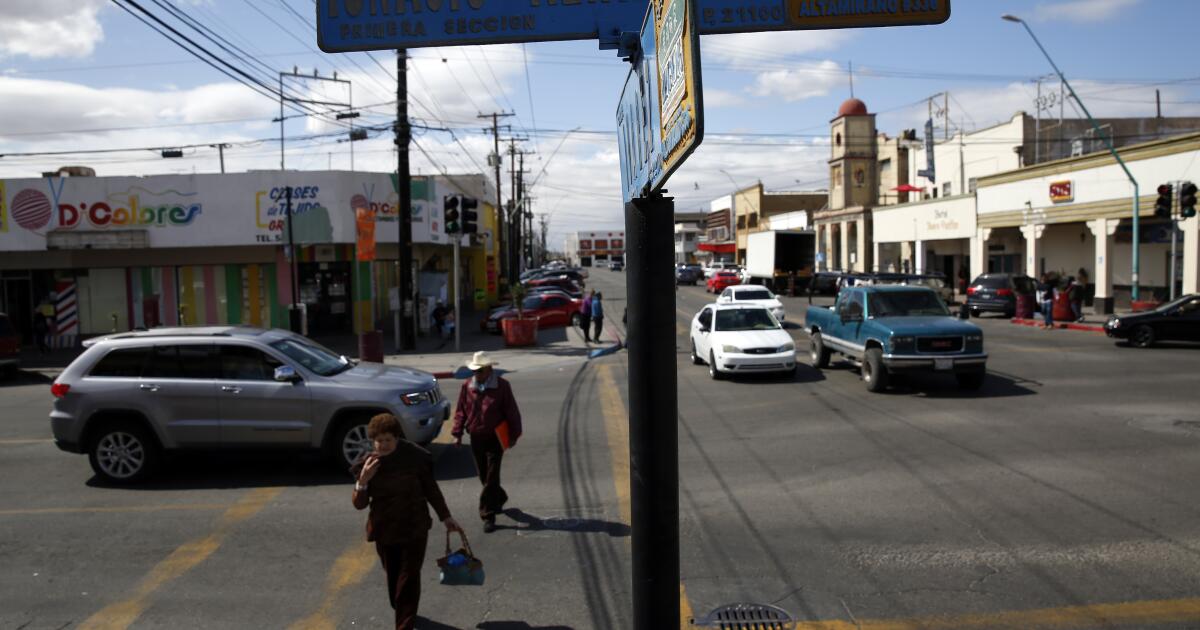On Sunday, Gov. Gavin Newsom signed a bill that will close a loophole that has allowed plastic bag waste to rise in California, despite a 2014 law that was designed to ban environmental damage.
“Plastic bags pollute our environment, breaking down into microplastics that contaminate our drinking water and threaten our health,” said Jenn Engstrom, state director of CALPIRG, a consumer advocacy group. “Californians voted to ban plastic shopping bags in our state nearly a decade ago, but the law clearly needed rewriting. With the governor’s signature, California has finally banned plastic bags at grocery checkouts once and for all.”
In 2014, the Legislature passed a law banning single-use plastic bags at checkouts in grocery stores and retail stores. It did, however, allow stores to provide consumers with “reusable” bags for a small fee. Those bags included paper bags and high-density polyethylene bags, which plastic companies claimed could be reused.
Earlier this year, CALPIRG released a report showing that the volume of plastic bag waste in California had increased since 2014 as a result of the loophole in that law.
In 2014, 157,385 tons of plastic bags were thrown away in California. By 2021, that number had skyrocketed to 231,072, an increase of 47%.
Even taking into account population growth, the report noted, the figure rose from 4.08 tonnes per 1,000 people in 2014 to 5.89 tonnes per 1,000 people in 2021.
The new law will go into effect on January 1, 2026, and focuses only on cash register bags, not bags used to store produce or wrap food that may cause contamination, such as meat. Additionally, starting January 1, 2028, the definition of a recycled paper bag will change from one made from 40% recycled material to one made from more than 50% recycled material.
“The new ban on single-use plastic bags at grocery store checkouts cements California as a leader in tackling the global plastic pollution crisis,” said Christy Leavitt, Oceana’s plastics campaign director.
She said plastic bags are “one of the deadliest types of plastic for ocean wildlife” and noted that when they break down, they become a harmful environmental pollutant, having been detected in the air, water, plants and human bodies.
“Our state and national elected leaders should continue to adopt new policies to stop plastic pollution at its source,” she said.
A statewide poll released by Oceana in 2022 found that 86% of California voters support local and state policies that reduce single-use plastic, and 92% of California voters are concerned about single-use plastic products such as grocery bags, beverage bottles, and takeout containers.
“Nothing we use for a few minutes should pollute the environment for hundreds of years,” said Laura Deehan, state director of Environment California. “Finally, with this much-needed update to the bag ban, plastic grocery bags will no longer be a threat to sea turtles, birds and other wildlife in California.”
Others also praised the new law.
“This is a big deal! Californians voted to ban plastic bags in 2016 and they didn’t get what they proposed,” said Nick Lapis, advocacy director for Californians Against Waste, referring to Proposition 67, a ballot measure that doubled down on the 2014 plastic bag ban and was approved by California voters. “I think this is an important example of California policymakers engaging with issues over time and not just calling it a day after a bill is passed.”
Also on Sunday, the governor vetoed AB 2214, which would have required state agencies to begin developing guidance and language to address the growing problem of microplastic pollution.
In a statement outlining the reasons for his refusal to sign, Newsom cited a 2018 law directing the Ocean Protection Council to develop a statewide microplastics strategy, which he described as a “comprehensive and coordinated approach to identifying early actions California can take to address microplastic pollution and advance existing microplastics research.”
That law required the council and other state agencies to report their findings to the state Legislature by December 2025.
“I believe this bill and the requirement that agencies develop work plans prior to the publication of policy recommendations is premature,” Newsom wrote.












